2 Kingdoms And Two Cities
$81.66
Introduction
1. Luther’s “Inward/Outward” Two Kingdoms
2. Niebuhr, Bonhoeffer, And A “Dialectical” Two Kingdoms
3. Lutheran And Catholic Neoconservatism And A “Paradoxical” Two Kingdoms
4. Reformed Two-Kingdoms Theology And A “Parallel” Two Kingdoms
5. Neo-Augustinian Liberalism And An “Eschatological” Two Kingdoms
6. Augustine And A “Christendom” Two Cities
7. Oliver O’Donovan And A Doctrine Of The Two
Conclusion
Bibliography
Index
Additional Info
The recent emergence of “two kingdoms” and “two cities” approaches to Christian social thinking is shown to have a key-and often unacknowledged-connection to Luther’s reshaping of the Augustinian paradigm. The project works for a better understanding of Luther’s own thought to help understand the convergences and divergences of Christian political theology in the twentieth century and today.
In particular, Luther’s two-kingdom thinking issued forth in a strong distinction of law and gospel that was also worked out in twofold pairs of Israel and church, general and special revelation, creation and redemption, and especially the outward and inward life. The work traces this legacy through acceptance and modification by Niebuhr and Bonhoeffer, Lutheran and Catholic neoconservatives, Reformed two-kingdom proponents, Augustinian liberals, and finally Oliver O’Donovan. The conclusion reflects on both the historical narrative and its connection to an account of modern liberalism, as well as a theological reflection on hermeneutical decisions of the “twoness” of Christian theology.
in stock within 3-5 days of online purchase
SKU (ISBN): 9781506421568
ISBN10: 1506421563
Robert Crouse
Binding: Cloth Text
Published: July 2017
Emerging Scholars
Publisher: Augsburg Fortress Publishers – 1517 Media
Print On Demand Product
Related products
-
7 Last Words
$18.99Based on his talks at New York’s St. Patrick’s Cathedral on Good Friday 2015, the New York Times bestselling author and editor at large of America magazine offers a portrait of Jesus, using his last words on the cross to reveal how deeply he understood our predicaments, what it means to be fully human, and why we can turn to Christ completely, in mind, heart, and soul.
Each meditation is dedicated to one of the seven sayings:
*”Father, forgive them, for they do not know what they do.”
*”Today you will be with me in Paradise.”
*”Woman, this is your son” . . . “This is your mother.”?
*”My God, my God, why have you forsaken me?”?
*”I thirst.”?
*”It is finished.”?
*”Father, into your hands I commend my spirit.”With the warmth, wisdom, and grace that infuse his works, Father James Martin explains why Jesus’s crucifixion and death on the cross is an important teaching moment in the Gospels. Jesus’s final statements, words that are deeply cherished by his followers, exemplify the depth of his suffering but also provide a key to his empathy and why we can connect with him so deeply.
Add to cart1 in stock
-
Drawing Pad : Available From Anchor
$4.99Games and Toys
Additional Info
This generously sized drawing pad provides a clean sheet for every creative whim. Premium white bond paper is ideal for pencils, crayons, markers, chalk, watercolor or poster paints.Add to cartin stock within 3-5 days of online purchase
-
On Earth As In Heaven
$29.99Today’s leading Bible scholar, Anglican bishop, and acclaimed author N. T. Wright returns with a collection of pastoral excerpts, carefully curated from his widely celebrated books, that will inspire those wanting to cultivate a life “on earth as it is in heaven.”
Modern pastors and their flocks have long considered N. T. Wright a role model for being a thoughtful Christian in today’s world. His bestselling books, including Simply Christian, Surprised by Hope, Simply Jesus, and After You Believe, have guided Christians in their belief and practice of the faith. Now, Christians can rely on his wisdom to guide them through each day of their lives with this thoughtful book of daily meditations, featuring short selections from his classic works.
With reflections on themes such as faith, mission, character, and God’s work in the world, these daily meditations will invigorate and uplift Christians in their search to live their faith authentically and biblically in today’s world.
Add to cart2 in stock
-
Screwtape Letters
$17.99Wormwood, a demon apprentice, must secure the damnation of a young man who’s just become a Christian. He seeks the advice of an experienced devil, his uncle Screwtape. Their correspondence offers invaluable—and often humorous—insights on temptation, pride, and the ultimate victory of faith over evil forces. Paperback with French flaps and deckled page edges.
Add to cart2 in stock (additional units can be purchased)



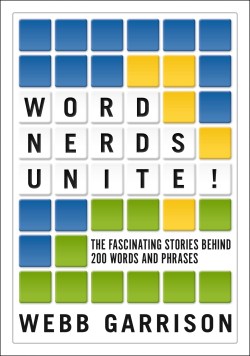


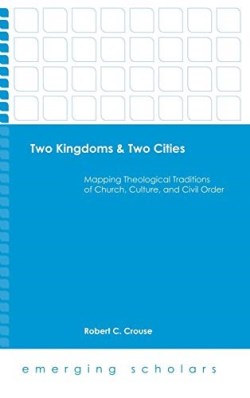
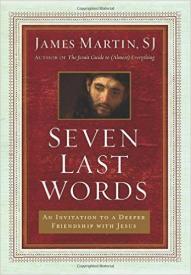


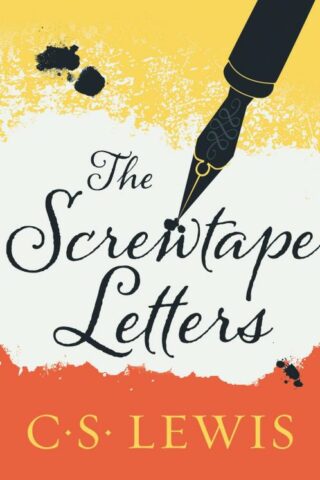




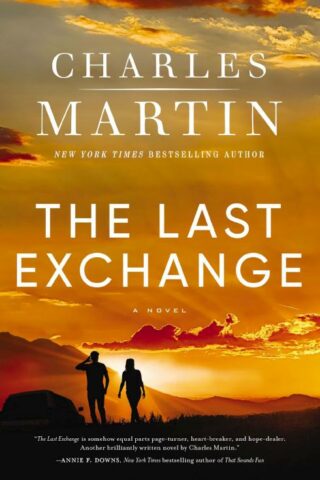
Reviews
There are no reviews yet.